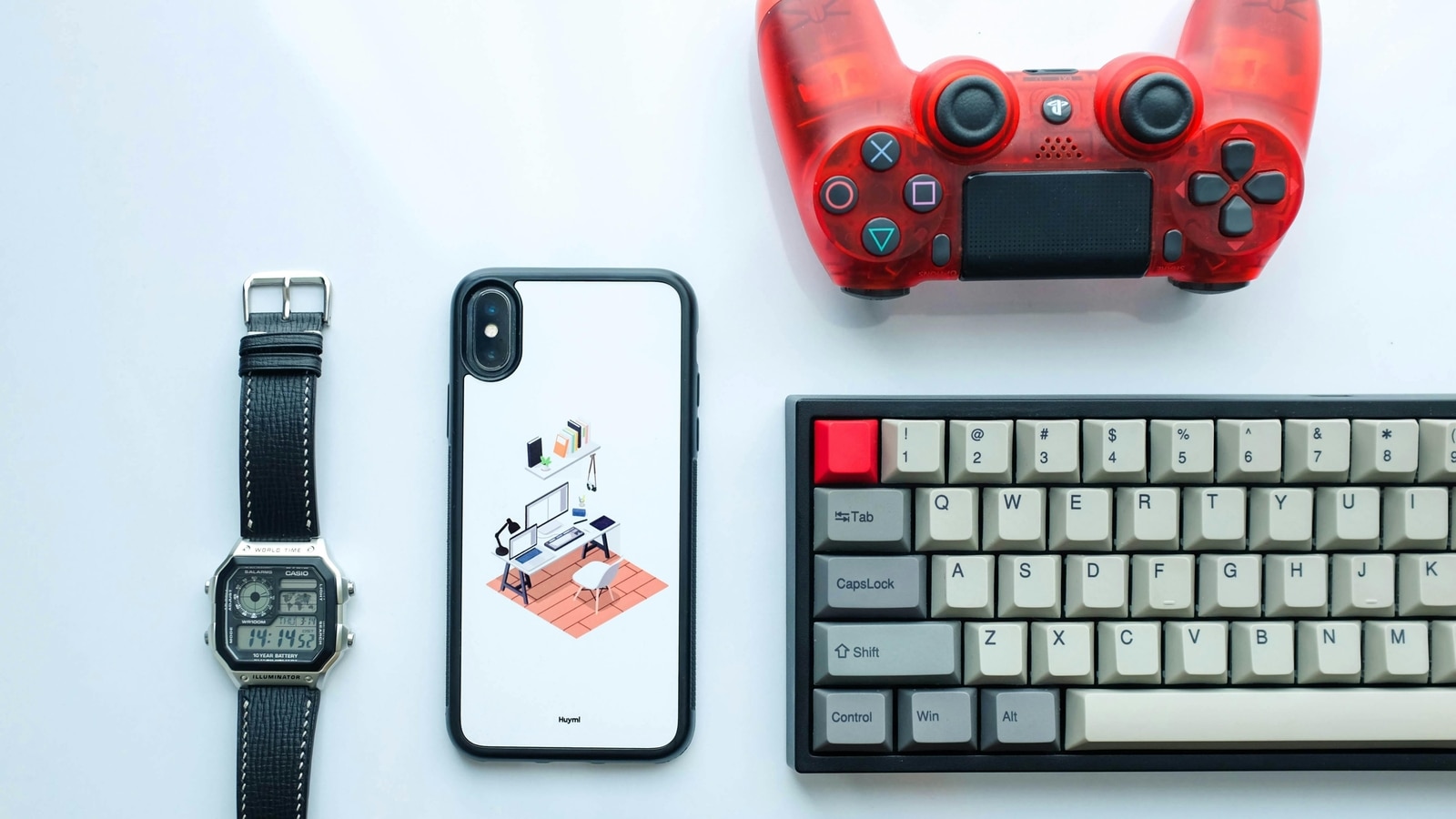This article contains spoilers for the first season of “The Idol.”
These last few weeks a small number of people have spent their Sunday evenings watching (or hate-watching) the widely criticized HBO show “The Idol,” which aired its fifth and final episode of the season last night. (The show was said to have had a sixth episode but ended early amid rumors that viewership was too low.)
At the center of “The Idol” are Jocelyn (Lily-Rose Depp), a pop star on the brink of self-destruction, and Tedros (Abel Tesfaye, a.k.a. The Weeknd), a creepy club owner/cult leader who has her under his spell. Their abusive relationship blossoms despite multiple red flags.
In the pilot episode of “The Idol,” after Jocelyn meets Tedros for the first time, her best friend and assistant, Leila (Rachel Sennott), says: “He’s so rapey.” Jocelyn replies, “I kind of like that about him.”
Created by three men — Sam Levinson, Reza Fahim and Mr. Tesfaye — the show is rife with lines meant to ruffle feathers in a post #MeToo landscape. But beneath the show’s cheap shocks lies a question many of us have asked ourselves: Why do we pick people who are bad for us?
Valerie Buvat de Virginy, a 24-year-old communications specialist in Washington, D.C., noticed parallels from her own love life while watching the show, like when Jocelyn and Tedros randomly hook up in the fitting room of a Valentino store while shopping on Rodeo Drive in Beverly Hills. She said this reminded her of her last “love bomb relationship,” which was spiraling out of control by the end.
“I really saw her making excuses for Tedros and I know that that’s bad, but I would also do the same thing. Like, ‘the sex was really good,’” she said in a phone interview last week.
Of course, this kind of attraction can slip into more serious issues of self-sabotage, manipulation and abuse, a clear sign that it may be time to seek help. But there are simply those sexually magnetic, overly charming types that manage to captivate potential lovers, despite their toxic behaviors and red flags.
Sometimes it’s the thrill of romantic uncertainty. Sometimes it’s good sex. Sometimes there’s a desire to “fix them.”
One friend admitted to me that he recently started seeing someone again after they “did molly and broke up” on Juneteenth, and then reached out and said they didn’t remember the interaction.
Adam, 28, who lives on the Lower East Side, recently got back together with his on-again-off-again person, who he described as having great banter with that would last for hours, which resulted in a mutual obsession and attraction. Eventually, the guy’s behavior changed, said Adam, who asked not to use his full name.
“And it was a lot of, like, broken promises when it came to plans, when it came to the way he treated me in public,” Adam added. “He said he was going to come to an event of mine, he didn’t come.”
He soon put a stop to their relationship, which wasn’t monogamous at the time, before then resuming the relationship after being won over (he added that some of his friends wouldn’t approve). Adam said he’s not interested in a serious relationship with him right now but believes that they are “kindred spirits,” and he enjoys having him around, despite how it may look.
“I’m just captivated by his allure, and I’ll admit he’s my taste down to a T when it comes to a guy. And we have a really strong energy and attraction.”
Ms. Buvat de Virginy said she tends to go for people who are the center of attention, who people gravitate toward but can’t manage to reel them in but “maybe I can because I understand them.”
“They just can’t be pinned down, which is like a red flag of them being like, ‘I’m just, I’m just wild. I can’t be in a relationship,’” she said. “But then they say, ‘I love you’ within two seconds.”
She ended her relationship about 12 hours before our call, just a couple of days after the penultimate episode of “The Idol.” This was after her now ex, who is 31, called her multiple times blackout drunk while on a work trip in Europe. He was crying and yelling at her on the phone, she said, criticizing and insulting her. She realized it was becoming emotionally abusive, so she had to put up boundaries.
“And instead of saying ‘I’m sorry’ he just goes, ‘it’s because I love you,’” Ms. Buvat de Virginy said. She later found out that he was sleeping with other people behind her back.
“It was fun while it lasted,” she added. “But then it turned kind of bad, but not in a fun way.”
Send your thoughts, stories and tips to thirdwheel@nytimes.com.






















